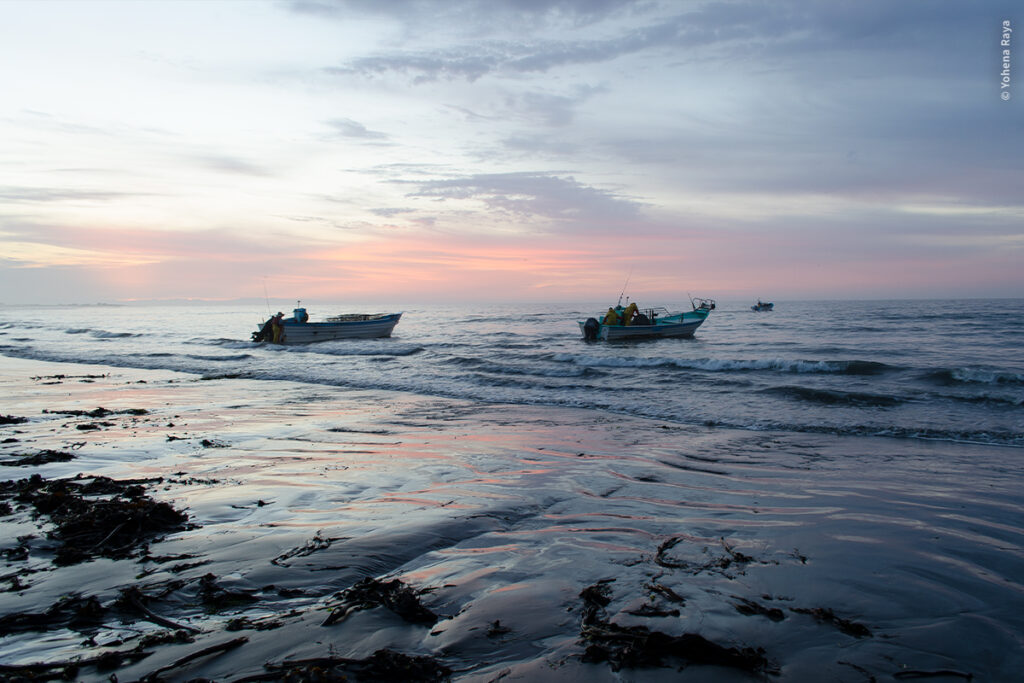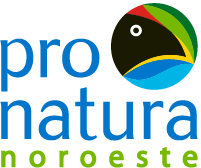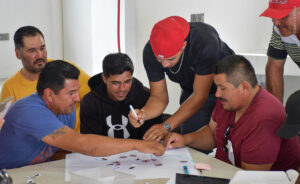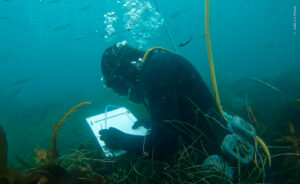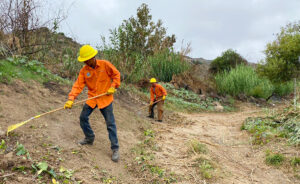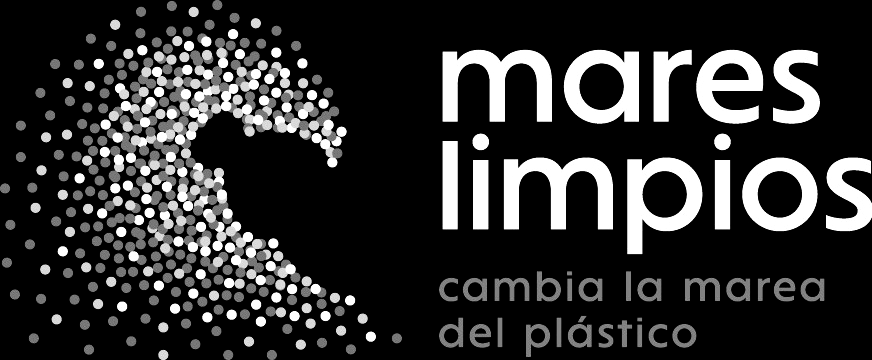Full compliance with the rule of law is a prerequisite for the protection and conservation of natural capital. Biodiversity and ecosystem conservation goes hand in hand with knowledge and adherence to legal frameworks. However, in many cases the existence of the law, even if accompanied by sanctions for those who break it, is far from being sufficient.
Hence, one of our tasks is to strengthen the culture of legality, especially in fishing communities that depend considerably on marine resources, where illegal fishing has gained a lot of ground. It is estimated that unreported and unregulated legal fishing in Mexico represents an alarming 56% of the total fishing production.
This is no exception in the Baja California peninsula and the Upper Gulf of California. In recent years we have carried out actions aimed at promoting respect for legal regulations on environmental and fishing issues. This has been done in alliance with the Anthropological Research and Solutions Network (Red de Investigaciones y Soluciones Antropológicas, S.C.), and with the support of Open Society Foundations.
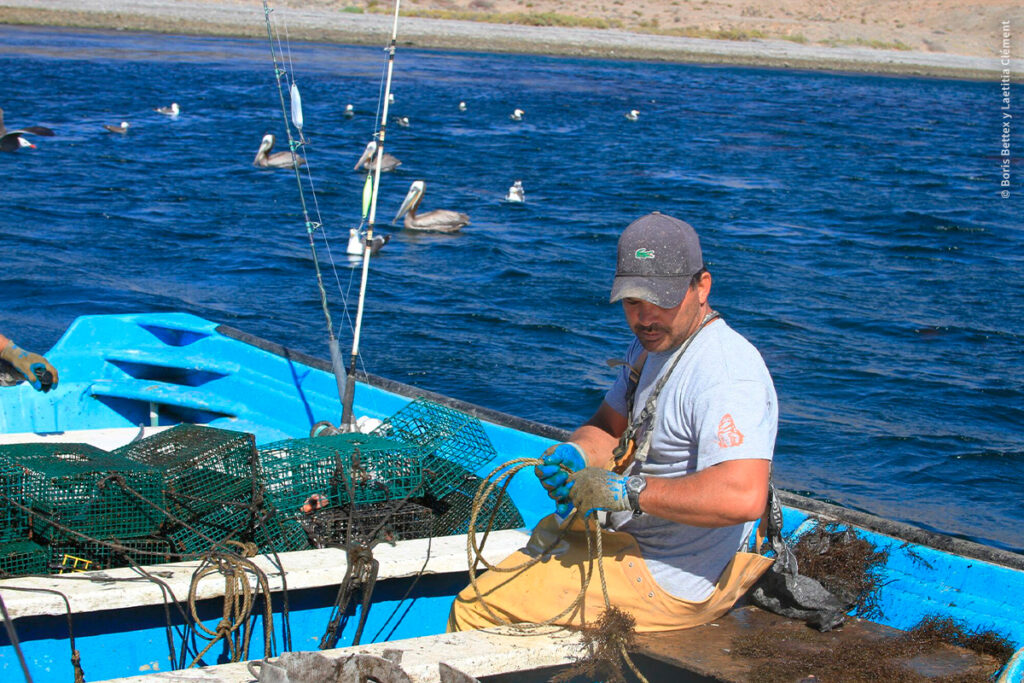
These activities consider a multifactorial analysis, with diverse aspects such as the socio-cultural context of the communities, their beliefs and behaviors, forms of organization and their relationship with the environment. In 2020 we developed a specific methodology for San Felipe and Bahia de los Angeles, Baja California, to evaluate the culture of legality in both communities, through questionnaires applied to fishermen, producers, authorities and researchers from non-profit organizations.
Among the findings in San Felipe, we discovered a high level of fishing without permits or with unpermitted fishing gear. It became evident that the fish product is marketed through non-legal channels. Fishing activity without permits was detected in Bahia de los Angeles, as well as the extraction of species during restricted fishing periods.
Based on this input, we developed a diagnosis of the culture of legality in these communities. It highlights motivations for illegal fishing, with a high-demand market that does not distinguish between legal and illegal products, and the prioritization of volume over product quality. On the other hand, there is little capacity for self-regulation in the fishing organizations, with excessive, bureaucratic and inadequate regulations, an evident distrust of the authorities and the presence of organized crime.
In 2021, we prepared a series of recommendations to effectively enforce a legal framework on environmental and fishing topics. Among these are civic and environmental education, promotion of self-management and self-regulation of producers, establishment and strengthening of community oversight committees, promotion of a culture of denunciation, adoption of alternative fishing gear and sustainable planning.
Additionally, to promote a culture of legality in the region, we have a free platform that will soon offer an introductory course on environmental legislation. Users will be able to find legal resources regarding the Natural Protected Areas (NPAs). One of our objectives is that by the year 2025 officials and users of at least eight coastal NPAs in northwestern Mexico will be trained through this platform. This focuses on personnel from the National Commission of Natural Protected Areas (CONANP) and other agencies with responsibilities on environmental affairs, as well as community members.
The culture of legality is part of our commitment to achieve better living conditions in the communities of the region, in full harmony with the environment.
Join us in our intense work to promote a culture of legality in the protected natural sites of northwestern Mexico.
